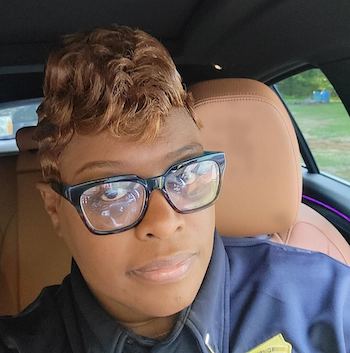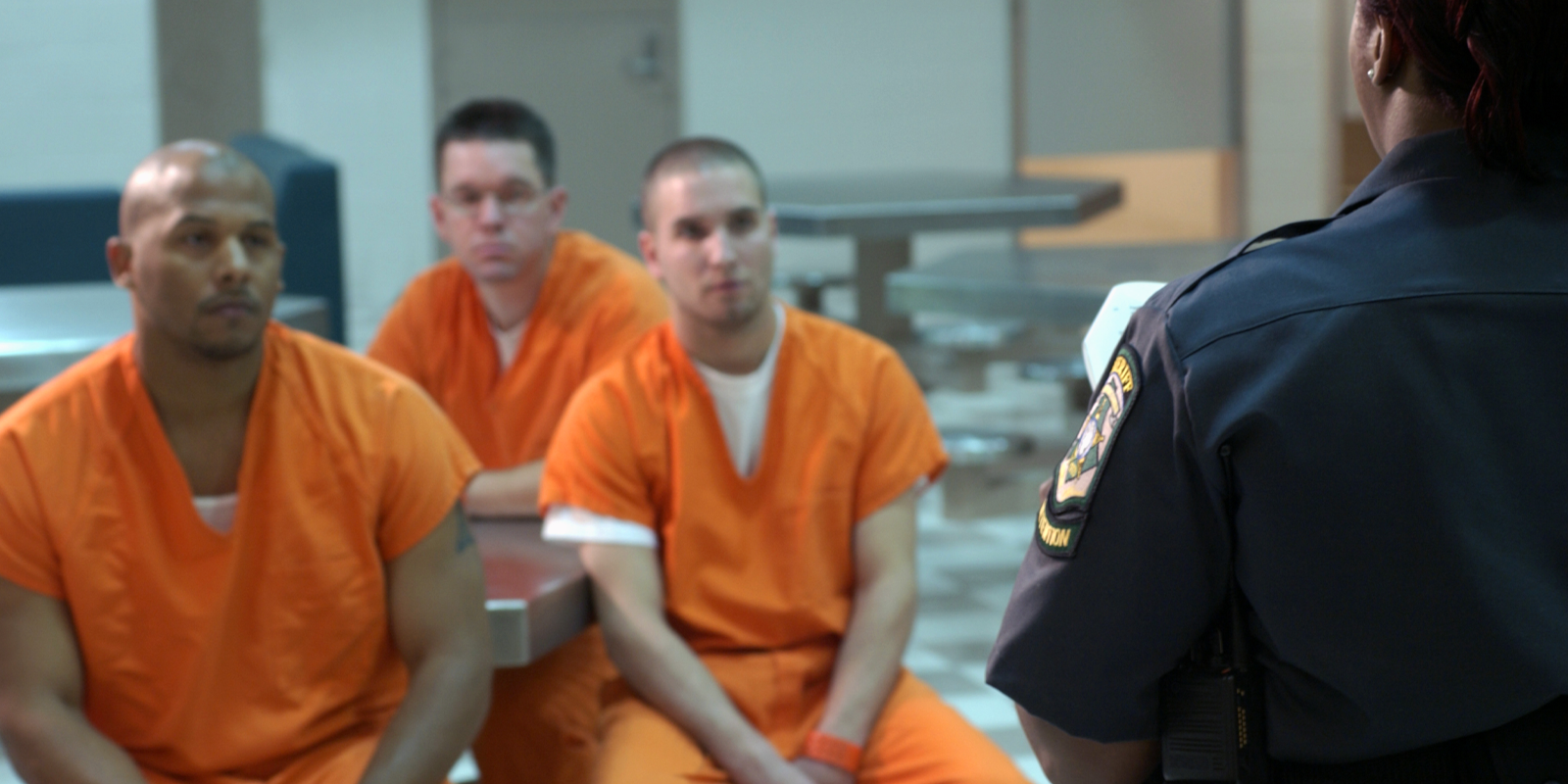
Shirley Eby, a correctional captain at the Dixon Correctional Institution in Jackson, Louisiana, begins her day before most Americans wake up – at 5:30 a.m. And from the moment the 21-year corrections veteran reports to work, it’s go, go, go.
“It’s nonstop,” says Eby, the recording secretary for AFSCME Local 2702 (Council 17), describing her typical day. “These are 12-hour shifts. Some weeks I work two shifts, some weeks I work five. We start at 5:30 a.m., roll call starts at 5:45 a.m., then you go to your units. Usually it’s 6 (a.m.) to 6 (p.m.). Sometimes we work longer hours due to staff shortages.”
Luckily, Dixon Correctional Institution hasn’t experienced as many safety-related problems like inmate fights and attacks on officers that other short-staffed facilities have seen. But Eby says short staffing is driving employees to exhaustion and burnout – and compounding their long-simmering frustrations about low pay.
In a recent interview with AFSCME Now, she reeled off the issues facing those who work in her prison – and, by extension, corrections facilities throughout America: “Longer hours, time away from your families. You miss kids’ schooling events. … Some folks might not get off until 11 o’clock because they can’t find people to replace them. They are overworked and mentally and physically drained. They might be late the next morning when they come back in, but they come.”
Asked why her facility is short on personnel, Eby said first and foremost it’s a matter of simple economics. “It’s the pay. For a person that’s 30 or 40, $17.50 an hour is not enough money. Especially for someone who has kids.”
AFSCME members successfully fought for higher pay and personal protective equipment (PPE) during the COVID-19 pandemic, but to attract and retain new workers compensation needs to be improved. Especially considering all that corrections officers do day in and day out, she says.
“One thing about corrections, you got to be a doctor, you got to be a lawyer, you got to be a psychiatrist, you got to be a social worker, you got to be a chaplain, and sometimes you got to be a momma,” Eby says. “We wear a lot of hats. Sometimes the inmates feel more comfortable talking with us than a social worker. That’s why I think we deserve more.”
Eby also understands that working in corrections is a career, not just a job. Her father was a corrections officer for 45 years, and she saw how public service provided him with a good salary and benefits so he could take care of their family. It inspired her to follow her father’s footsteps and do the type of work where she could also have an impact on her community.
To fix this problem though, she implores politicians and policymakers to visit her facility and get a first-hand look at the extent and effects of the staffing shortage.
“They need to start coming inside the facilities and see what we go through,” Eby says. “And then they’ll know what is needed in the facilities. If you don’t know what’s going on, how can you really correct what’s going on in corrections?”
